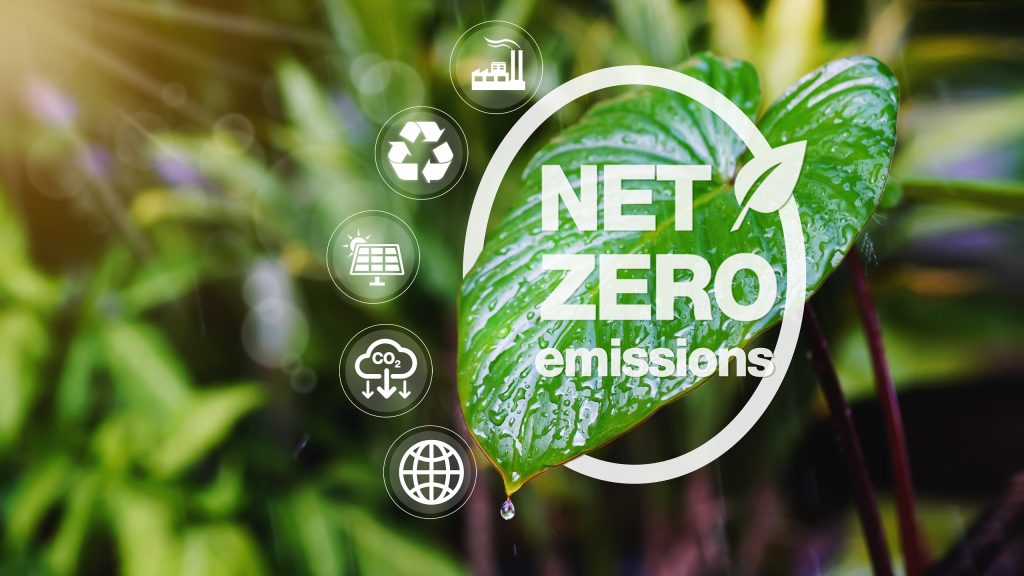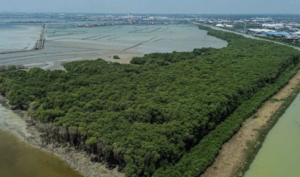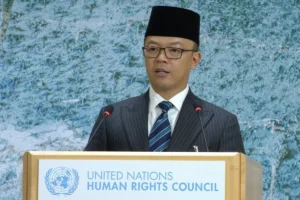Indonesia Pledges Geothermal Exploration for 2060 Net Zero Emissions Goal

Jakarta, The Gulf Observer: Geological Agency of Indonesia has reaffirmed its commitment to the continued exploration of geothermal potential as part of the country’s strategy to achieve net zero emissions (NZE) by 2060. This announcement highlights the agency’s dedication to harnessing renewable energy sources to meet Indonesia’s ambitious environmental targets.
Nurhadi, an expert at the agency’s Center for Mineral, Coal, and Geothermal Resources (PSDMBP), shared that Indonesia has identified 362 locations with geothermal potential across various regions. “Even in Kalimantan, which we call a source of coal, and oil and gas basins, there is still geothermal potential,” Nurhadi stated on Wednesday.
Despite the vast potential, only 61 out of the 362 geothermal locations have been explored to date. Currently, Indonesia operates 18 geothermal power plants, including those managed by the private sector.
Nurhadi pointed out that of the 23,531 megawatts (MW) of geothermal resources available, only approximately 11 percent, or 2,374.4 MW, are utilized for electricity generation. He expressed optimism that further exploration efforts would be undertaken to tap into the geothermal potential spread across the country, thereby promoting the use of new and renewable energy sources.
“We hope that increased exploration of geothermal locations will encourage the adoption of new and renewable energy,” Nurhadi emphasized.
The commitment to expand geothermal energy production is a critical component of Indonesia’s broader environmental strategy. As the country strives towards its NZE goal by 2060, the focus on renewable energy sources like geothermal is expected to play a significant role in reducing reliance on fossil fuels and decreasing carbon emissions.
The Geological Agency’s pledge to enhance geothermal exploration underscores Indonesia’s proactive approach in addressing climate change and highlights the importance of sustainable energy development in achieving long-term environmental objectives.



